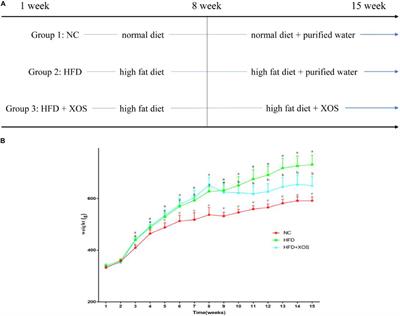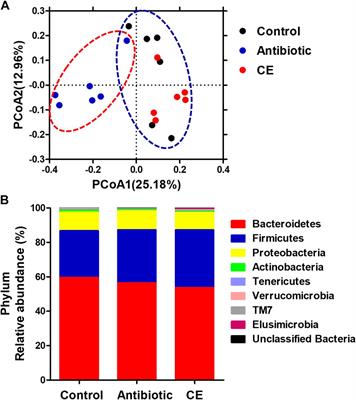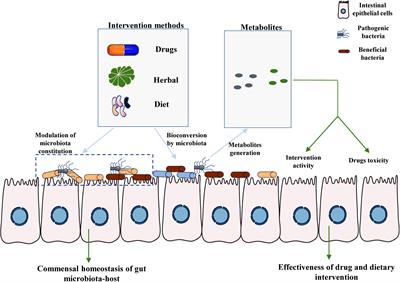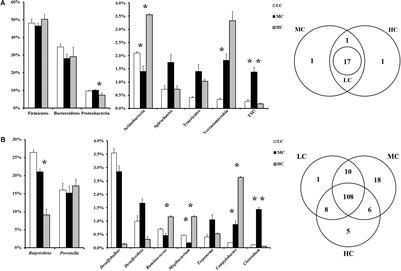CORRECTION
Published on 23 Sep 2021
Corrigendum: The Regulation of Ruminal Short-Chain Fatty Acids on the Functions of Rumen Barriers
doi 10.3389/fphys.2021.770061
- 741 views
100k
Total downloads
409k
Total views and downloads
Select the journal/section where you want your idea to be submitted:
CORRECTION
Published on 23 Sep 2021
EDITORIAL
Published on 22 Jul 2020
CORRECTION
Published on 29 Apr 2020
CORRECTION
Published on 02 Apr 2020
CORRECTION
Published on 27 Feb 2020

ORIGINAL RESEARCH
Published on 22 Jan 2020

ORIGINAL RESEARCH
Published on 29 Nov 2019

ORIGINAL RESEARCH
Published on 26 Nov 2019

ORIGINAL RESEARCH
Published on 20 Nov 2019

REVIEW
Published on 29 Oct 2019

ORIGINAL RESEARCH
Published on 25 Oct 2019

ORIGINAL RESEARCH
Published on 24 Sep 2019


Frontiers in Marine Science
Frontiers in Microbiology
Frontiers in Physiology